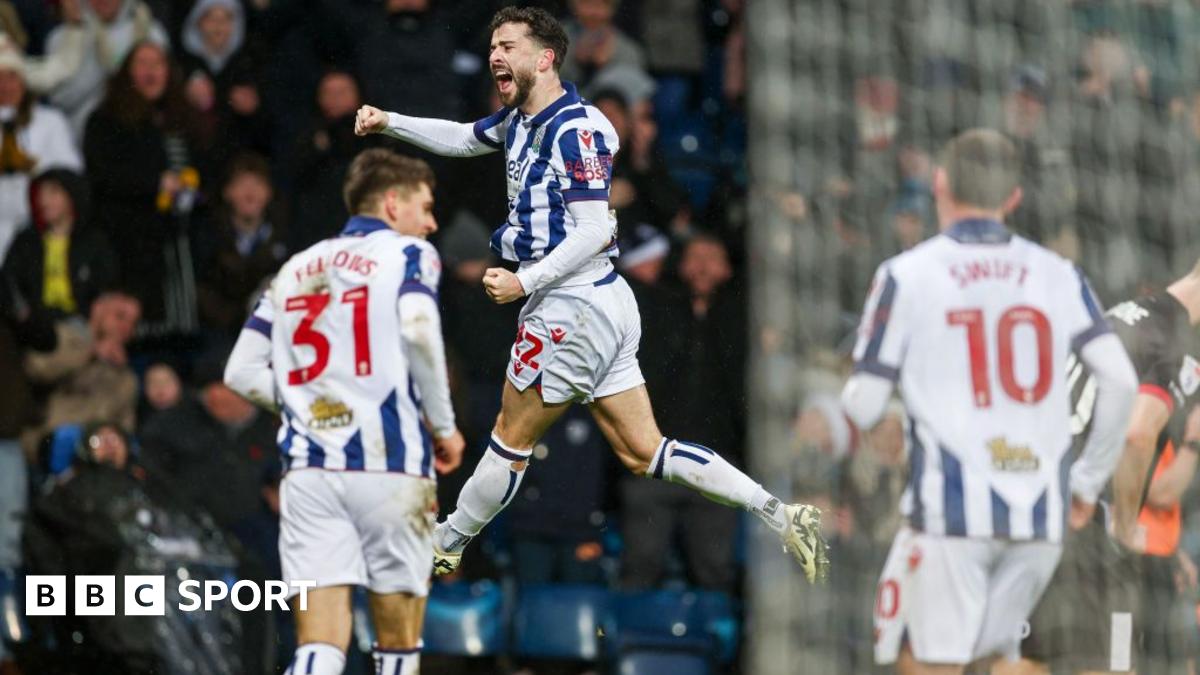Sports
SCOTUS Chevron Rejection Could Upend NCAA, College Athlete Cases

The U.S. Supreme Court Friday overruled a 40-year precedent that had provided federal agencies with substantial deference in interpreting federal law. The Court’s ruling in Loper Bright Enterprises v. Raimondo will mean that agency decisions impacting the sports industry, such as whether college athletes are employees and whether noncompetes for sports executives are legal, will be more vulnerable to challenge in federal court.
Loper Bright is a case about fishing, specifically a group of herring fishing companies that objected to a National Marine Fisheries Service (NMFS) regulation mandating that boats allow a person onboard to collect conservation data and pay that person about $710 a day. According to court filings, that payment equated to around 20% of the fishermen’s revenues.
Lower courts reasoned that because they were compelled to give deference to federal agencies, the agency’s implementing regulation of a federal law withstood legal scrutiny. Per the Supreme Court’s 1984 ruling in Chevron U.S.A., Inc. v. Natural Resources Defense Council, courts were obligated to defer to agency interpretation when a statute was ambiguous and when the accompanying agency interpretation was reasonable or permissible.
That submissive standard, which became known as “Chevron deference,” made it difficult for businesses and individuals to challenge agencies in court. Critics complained Chevron deference overly empowered unelected regulators and agency staff who knew courts had to largely cede to their decisions. But supporters insisted that Chevron deference sensibly valued the expertise of agencies as well as the decision-making of knowledgeable civil servants.
In a 6-3 opinion authored by Chief Justice John Roberts, the Court overruled Chevron and held courts may not defer to an agency interpretation merely because the statute is ambiguous.
“Chevron’s presumption is misguided,” Roberts wrote, “because agencies have no special competence in resolving statutory ambiguities. Courts do.”
Roberts explained that the framers “expected that courts would resolve” conflicts about how to interpret federal statutes because judges exercise “independent legal judgment.” He further maintained that the “scope of an agency’s own power” is “perhaps the occasion on which abdication in favor of the agency is least appropriate.”
With agency deference gone, whether the National Labor Relations Board concludes college athletes are, or are not, employees within the meaning of the National Labor Relations Act could prove more vulnerable to legal challenge. The NLRB is in the process of determining if Dartmouth College men’s basketball players and USC football and men’s and women’s basketball players are employees of their school and, in the case of USC, also employees of their conference and the NCAA.
NLRB general counsel Jennifer Abruzzo is a strong proponent of college athletes as employees and can advocate for that position with the agency’s board. However, if former President Donald Trump defeats President Joe Biden this fall, Trump’s pick for NLRB general counsel could hold a different view.
The practical impact of Loper Bright is that a legal challenge to whichever way the NLRB decides could face better odds if the challenger credibly contends the statutory language is ambiguous. Given that federal judges have opined the legal definition of an employee is “hopefully circular,” Loper Bright may end up playing a substantial role. This post-Chevron framework won’t necessarily advantage one side or the other in the employment debate. But it means the final decision on whether college athletes are employees will probably be made by the courts.
Other areas of the sports industry where Loper Bright may end up playing a key role include the FTC’s attempt to ban noncompetes and to regulate influencers, as well as periodic calls to entrust the FTC with overseeing college sports agents.
Many sports executives and coaches agree to noncompetes as part of their employment, and some influencers are college athletes who can now profit from their NIL. While the FTC’s ban of noncompetes is already subject to legal challenge, additional challenges could assert the agency is acting outside the authority granted by federal statutes.
Athletes who promote crypto assets on social media in ways that run afoul of the Securities and Exchange Commission could also see efforts to challenge the SEC strengthened. Last year the SEC fined former Boston Celtics star Paul Pierce $1.4 million for his social media advocacy of crypto.









